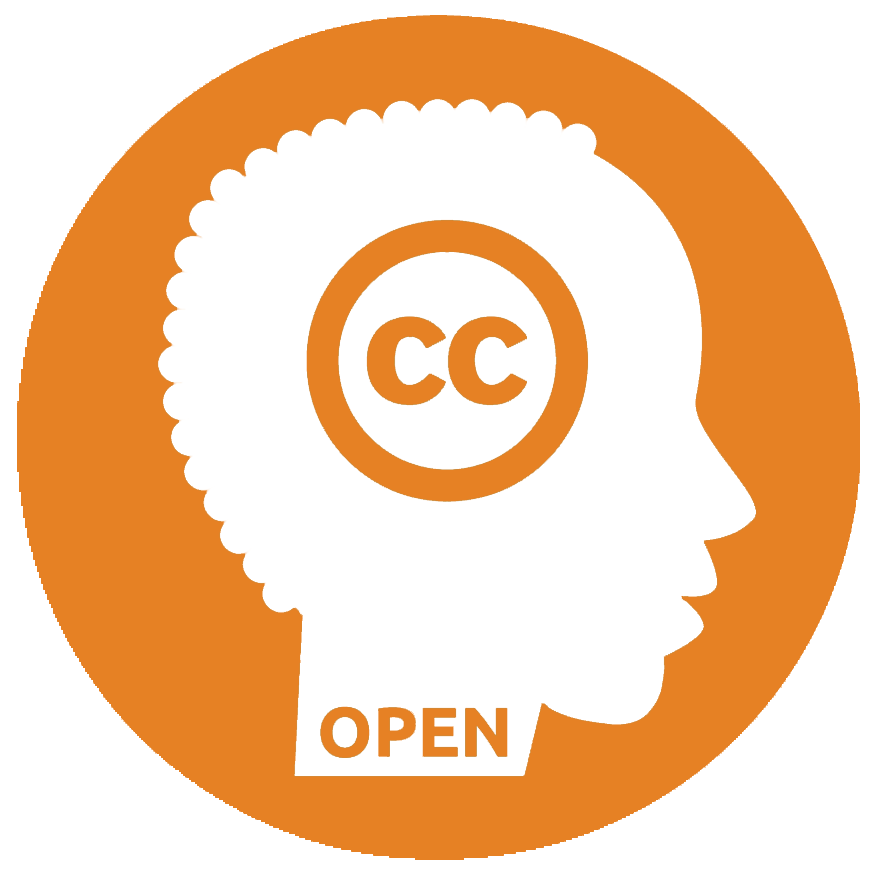Your search
Results 22 resources
-
This study quantitatively synthesized the empirical research on the effects of social context (i.e., small group versus individual learning) when students learn using computer technology. In total, 486 independent findings were extracted from 122 studies involving 11,317 learners. The results indicate that, on average, small group learning had significantly more positive effects than individual learning on student individual achievement (mean ES = + 0.15), group task performance (mean ES = +...
Last update from database: 05/08/2024, 12:08 (UTC)
Explore
Outcome measure
- Attitudes (1)
- Behaviour (3)
- Engagement (1)
- Learning
- Motivation (3)
- Socio-emotional learning (1)
Instructional domain (subject)
- Computing (3)
- Languages (1)
- Literacy (3)
- Mathematics (6)
- Multiple (15)
- Science (6)
- Social Studies (2)
- STEM (2)
Education Level and Type
- ECE 0-7 (3)
- High school 16-18 (4)
- Informal education (4)
- K-12 (15)
- Middle school (1)
- Primary 7-10 (4)
- Secondary 11-16 (6)
- Tertiary
Groups of students
- _No mention (4)
- At-risk (1)
- Low-performing (1)
- SEND (1)
- typically-developing students (1)
School or home
- _No mention (4)
- Home (1)
- Mixture (2)
- School (7)
Moderating variables
- __ no obvious moderating variables (2)
- Assessments (4)
- Country / culture (1)
- Design-type/ testing instruments (5)
- Feedback (2)
- Gender (1)
- Grade/education level (6)
- IQ (1)
- Length of time (11)
- Multiple exposures (3)
- Novelty Effect (2)
- Peer involvement/group learning (6)
- School-level factors (2)
- Student characteristics (1)
- Subject (4)
- Teacher involvement (5)
- Teacher pedagogy/implementation (1)
- Teacher professional development (1)
- Tech structure (4)
- Type of instruction methods (student/teacher centered) (3)
- Type of knowledge or task (exposing, procedural, active, etc (3)
Tech Hardware
- CD ROM/ DVD (1)
- Computer (14)
- E-book hardware - e.g. kindle (1)
- Handheld device (1)
- Internet (2)
- Mobile/Smartphone (2)
- Multimedia (1 or more) (7)
- Tablet (1)
- Touch-screen (1)
Tech Software
- Audio books (1)
- Augmented Reality (1)
- Clicker-integrated instruction (1)
- Computer Algebra Systems (1)
- Computer-Assisted Instruction (CAI) (9)
- Computer-Based Teaching (CBT) (3)
- Game learning (7)
- General apps (2)
- Intelligent Tutoring (1)
- Robotics (1)
- Serious games (2)
- Simulations (5)
- Virtual Reality (4)
- Word processor (1)
Tech mechanism
Learning Approach
- _No mention (4)
- Blended learning (3)
- Classroom learning (6)
- Remote learning (4)
Teacher Pedagogy
- _No mention (5)
- Collaboration (2)
- Feedback (1)
- Game-based learning (4)
- Group learning (4)
- Peer learning (2)
- Scaffolding (2)
- Self-paced (no teacher) (1)
Research methods
Effect size/ heterogeneity
HIC/LMIC
- HIC (high income) (3)
- LMIC (middle/low) (2)
- Mixture or unknown (13)
Quality of research
- High: 6+ (11)
- Low: 3 or below (1)
- Medium: 4 or above (9)
Geography if specific
- _no mention (3)
- Mixture (1)
- Taiwan (1)
- Turkey (3)
- USA (2)

